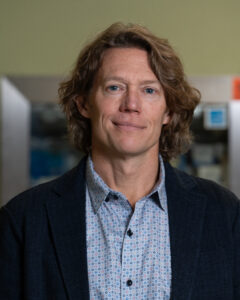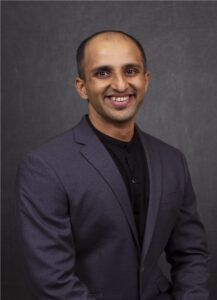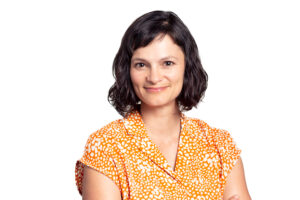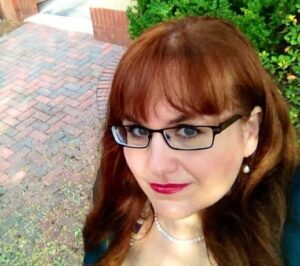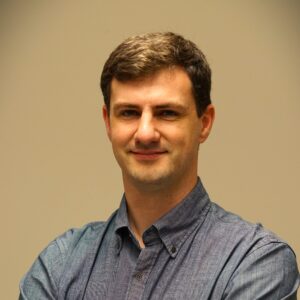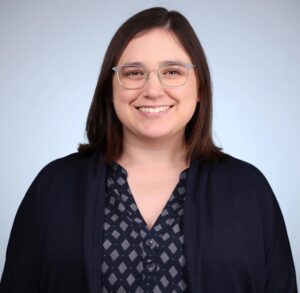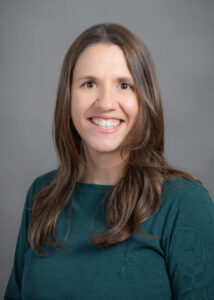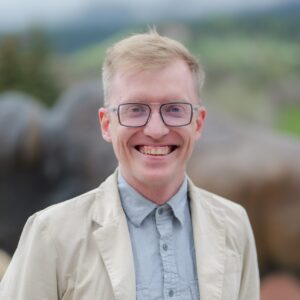
Cresten Mansfeldt
Cresten B. Mansfeldt is an Assistant Professor of Environmental Engineering at the University of Colorado Boulder, where he leads research at the intersection of synthetic biology, environmental microbiology, and wastewater surveillance and management. His work focuses on tracking and mitigating emerging contaminants, including synthetic biology products, within urban water systems. Prof. Mansfeldt has published extensively on microbial ecology, biotechnological risk, and post-fire water impacts, and actively bridges academic, regulatory, and community sectors to advance environmental resilience.
